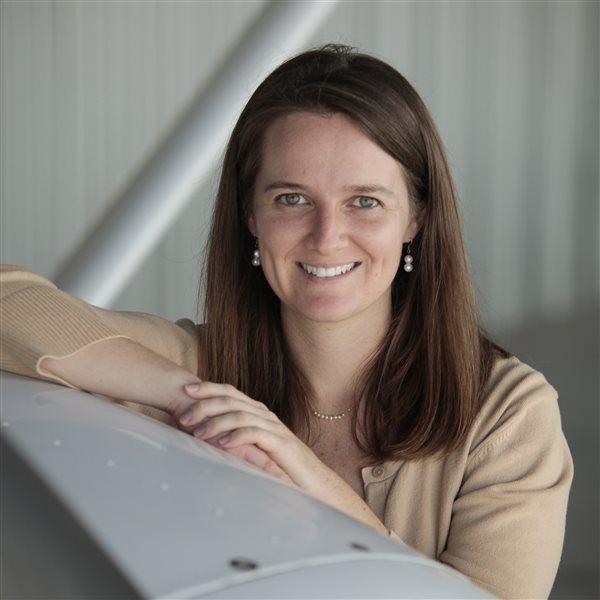Pilots aren’t threatening; they’re not begging. But they are being frank with the Transportation Security Administration in their comments about how the proposed Large Aircraft Security Program would affect their flying. The common response: They would be forced to stop flying for business and pleasure.
Many have pointed out that while the current proposal, which targets aircraft weighing more than 12,500 pounds, would not apply to them, they are concerned that the TSA would continue to expand its reach to encompass all general aviation operations.
“While my own flight operations would not initially be impacted by this proposal, the logic used to create the LASP proposal could easily be stretched and distorted to apply to all general aviation aircraft in the future, to even deeper economic and GA cultural detriment,” wrote Andrew Formella. “When that happens, my aviation activities and positive economic impact would cease, as the burden of the passenger and pilot checks would remove the enjoyment, add bureaucracy, [and] frighten potential passengers and family.”
AOPA President Craig Fuller called on pilots Feb. 11 to comment against the proposal. The TSA’s proposal would apply commercial air carrier security measures to GA aircraft weighing more than 12,500 pounds, regardless of how those aircraft are used. The costly proposal calls for crewmember criminal record checks, watch list matching of passenger manifests, biennial third-party audits of each aircraft operator, and new airport security requirements. The proposal fails to recognize the inherent differences between private and commercial aviation, and it attempts to impose expensive and unnecessary security regulations without justification.
“I realize it's the responsibility of the government to protect the citizens of this country, but at some point it becomes intrusion,” wrote AOPA member Howard Miller of Texas in his comments. Miller echoed other pilots’ comments when he wrote that such costly and burdensome regulations would make his passion “unaffordable and completely out of my reach.”
Michael Mauer, aviation department manager and chief pilot for Windway Capital Corp., said that his company uses general aviation aircraft to remain competitive in its market. The TSA’s plan would threaten its edge.
“If the Large Aircraft Security Plan (LASP) as mandated by the TSA were passed in its current form, it would take away our ability to function effectively as a company,” Mauer wrote. He continued to explain his company’s current security practices: “As a company policy, no one boards our aircraft unless they are known and approved by the owner or other upper management. All passengers are identified by manifests prior to flights. Our flight crews are personally familiar with all passengers and are directly involved with the loading of all personal gear and baggage. Everything aboard our aircraft is under our direct control.”
The TSA also heard from those whose pastime relies on general aviation.
“As a skydiver this, will severely limit skydiving capacity within the USA in terms of paperwork and time lost implementing new procedures and extra recording of names on lifts,” explained Mike Coleman.
Airline pilot John Cossick of Colorado is familiar with the commercial air carrier security procedures and is concerned that he “unrestrained and inevitable growth of government intervention into every aspect of general aviation” would “effectively destroy general aviation as we know it.”
“I plan to return to my roots in general aviation after airline retirement; and, under these proposed regulations, I honestly don’t see a viable ‘general aviation industry’ to return to,” Cossick continued.
These pilots have joined the hundreds who attended in-person public hearings to voice their opposition to the TSA proposal. They’ve expressed honest pleas to save the industry they rely on for business and recreation—the very industry that supports Americans through humanitarian assistance and emergency services to name a few.
Time is running out for you to make your voice heard. Comments must be submitted by Feb. 27. To send your comments, see AOPA’s member action center.



